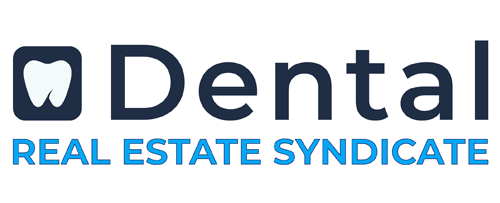In today’s competitive job market, retaining top talent goes beyond offering attractive salaries. Employees increasingly seek a fulfilling work environment, opportunities for personal growth, and genuine recognition for their contributions. This guide outlines 10 strategies to enhance employee retention and show appreciation, emphasizing the importance of both compensation and enriching workplace experiences.
1. Competitive Compensation and Benefits
- Importance: Forms the base of employee satisfaction and loyalty.
- Strategy: Regularly review and adjust salaries to match or exceed industry standards, offer comprehensive benefits, and consider performance bonuses.
2. Positive and Inclusive Work Environment
- Importance: Essential for employee well-being and productivity.
- Strategy: Foster an environment that promotes respect, support, and inclusivity, making the workplace a source of daily motivation.
3. Career Development Opportunities
- Importance: Key to retaining employees seeking long-term growth.
- Strategy: Provide clear career paths, professional development resources, and promotion opportunities to encourage internal talent progression.
4. Recognition of Employee Achievements
- Importance: Boosts morale and encourages high performance.
- Strategy: Implement regular recognition programs that highlight individual and team contributions through awards, public acknowledgments, or financial incentives.
5. Work-Life Balance and Flexibility
- Importance: Directly impacts employee satisfaction and stress levels.
- Strategy: Offer flexible working conditions, such as remote work options or flexible hours, to help employees balance personal and professional responsibilities effectively.
6. Strong Company Culture
- Importance: Enhances employees’ connection to the organization.
- Strategy: Build a culture that aligns with the values of employees, encourages open communication, and fosters a sense of community and shared purpose.
7. Feedback and Communication
- Importance: Essential for continuous improvement and engagement.
- Strategy: Maintain transparent communication channels and provide regular, constructive feedback to help employees grow and feel valued.
8. Employee Wellness Programs
- Importance: Contributes to the overall health and productivity of employees.
- Strategy: Offer programs that support physical, mental, and emotional well-being, such as gym memberships, counseling services, and health screenings.
9. Employee Autonomy
- Importance: Empowers employees and enhances job satisfaction.
- Strategy: Allow employees more control over how they manage their work and encourage initiative-taking to boost their confidence and satisfaction.
10. Celebration of Milestones
- Importance: Reinforces a positive workplace culture.
- Strategy: Celebrate personal and professional milestones to recognize and appreciate employee loyalty and achievements.
Evolution of Employee Satisfaction
- Trends: Modern employees prioritize meaningful engagement over mere monetary compensation. Factors like flexibility, purposeful work, and personal growth have become paramount.
- COVID-19 Impact: The pandemic has shifted workplace dynamics, emphasizing the need for flexibility, remote work capabilities, and robust support for employee wellness.
Conclusion
Successful employee retention in the modern workplace requires a holistic approach that values both financial and non-financial incentives. By cultivating a supportive, flexible, and rewarding environment, organizations can retain talented individuals and foster a committed workforce. These strategies not only enhance individual employee experiences but also propel the entire organization towards greater productivity and success.

